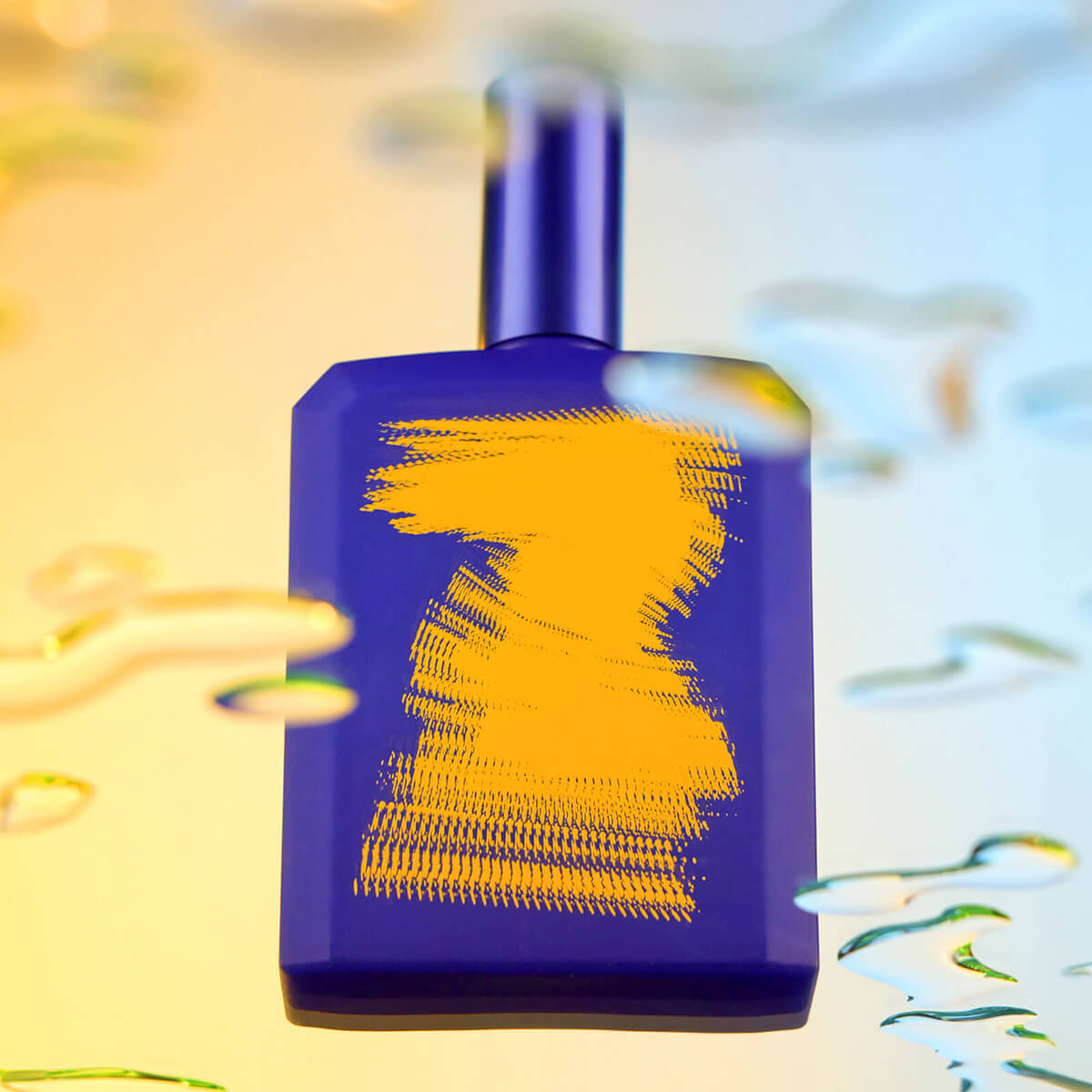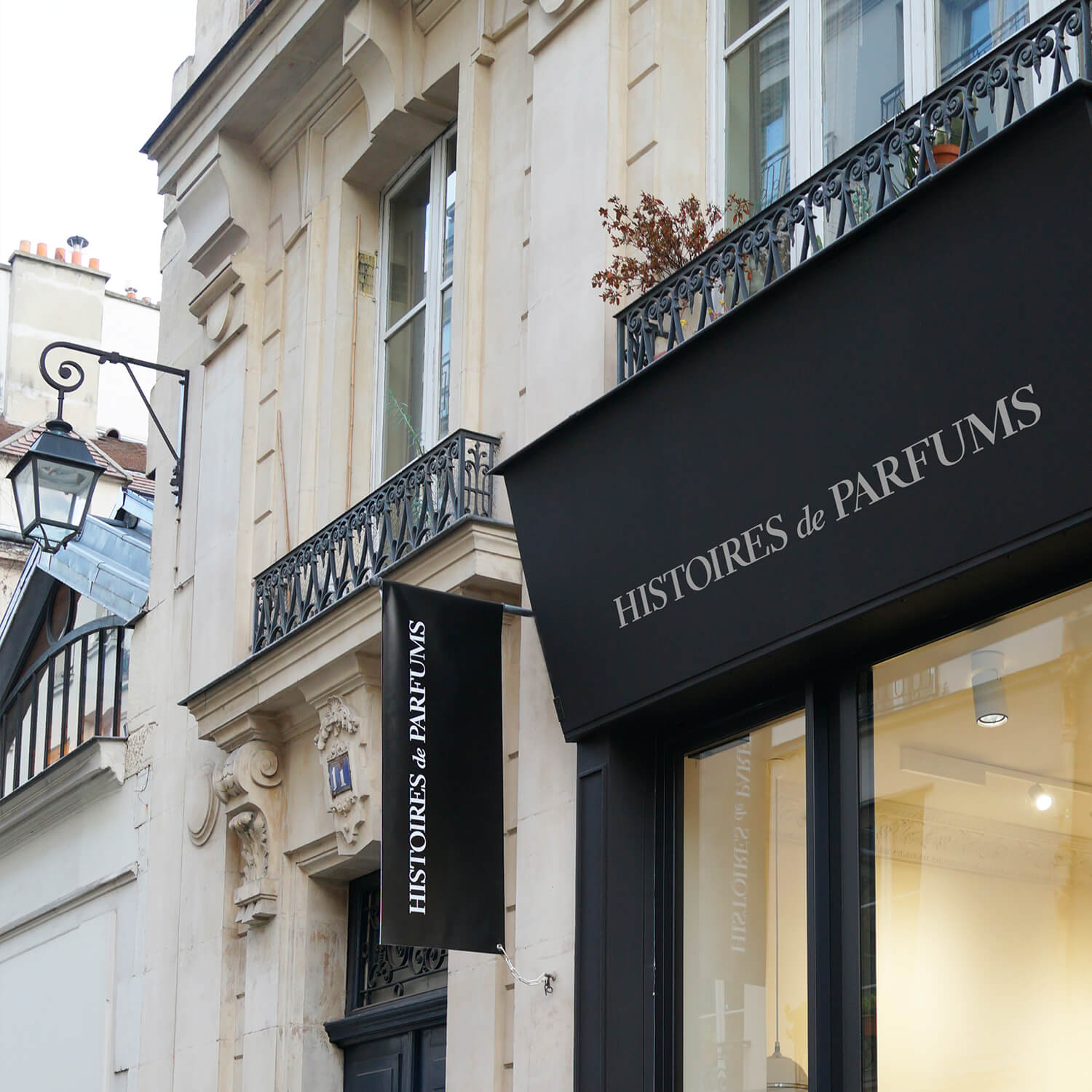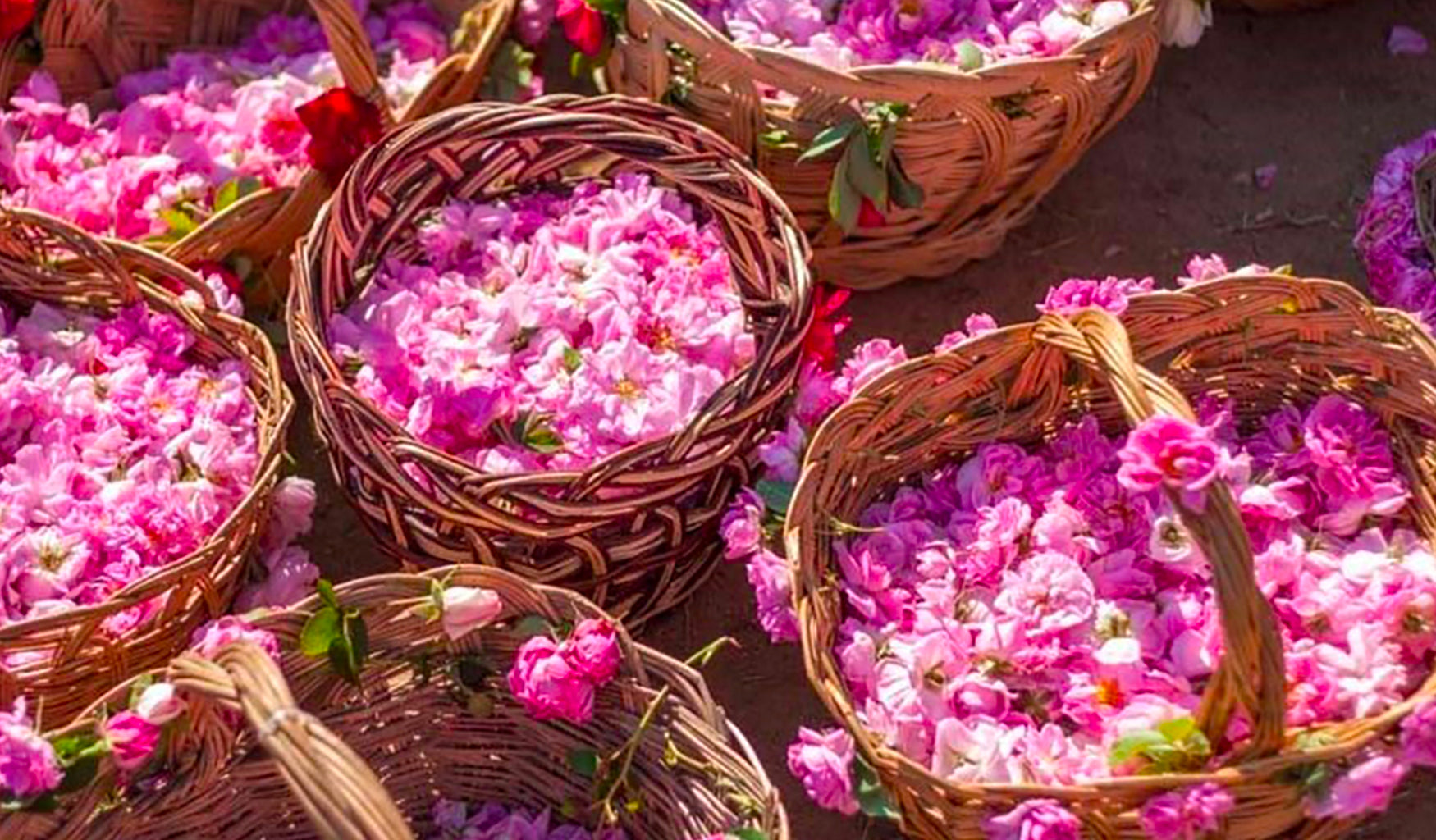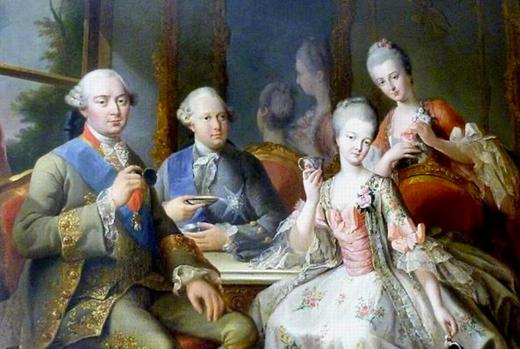
The woman who invented perfumes.
Perfumery owes a lot to women. Whether it is the discreet diligence of Marie-Thérèse de Laire who formulated mythical bases of perfumery with the molecules developed by her husband at the beginning of the 20th century or the creative genius of a Germaine Cellier or Sophia Grojsman who revolutionised perfumery in the second half of the century, there have always been women in the shadows, either muses or creators.
As we prepare to commemorate International Women's Day on March 8th, it seemed appropriate to focus on a woman without whom nothing of our industry would really exist and whose name everyone seems to have forgotten. We want to talk about the first perfumer in history who practised and revolutionised her art more than 3000 years ago: we want to talk about Tapputi.

It must be said that there is little information left about her but enough to realise her importance, starting with her name. Although it seems unlikely that she was the first perfumer of mankind - the oldest traces of perfumes date back to the Neolithic period - she is nevertheless the first one to be named, a fact rare enough to be noted. Moreover, she was not working alone since the tablet on which she left her formula also names her "lab assistant" whose name, unfortunately truncated, would be -ninu.
Our Tapputi was therefore a perfumer at the court of King Tukulti-Ninurta I, a role that was often performed by women in Mesopotamian courts. Several tablets bear witness to women perfumers, all foreigners, often coming from the West, from Egypt or even from the Greek islands known to be high places of ancient perfumery.
As such, Tapputi was in charge of creating anointing oils for the great events of the sovereign's life as well as for religious ceremonies, for the anointing of idols or in a more trivial way to perfume the private and common areas of royal residences.
Of her, we only have a formula left for an oil that she dictated to a scribe and which contained cypress, calamus and myrrh among other things, but it is the legacy she left us that truly pays her homage, because mostly know of Tapputi through those who took up her innovations, and they were numerous.
Her work mentions the oldest alembic still in history, the manufacture of perfume tinctures and above all, a first in history, the use of alcohol in perfumes. This seemingly insignificant fact was revolutionary at a time when perfumes came in the form of oily balms or unguents. This very small act, to dilute essences in alcohol rather than oil, made her famous because it allowed a new way to experience perfumes, making them more volatile, improving their projection as well as their application.
In short, Tapputi, by herself, proposed a new olfactory mode that fell into oblivion with her death and was only rediscovered in the 15th century A.D., 3000 years after its innovation.
However, it is no exaggeration to say that the techniques she left behind served to fuel the ars perfumandi of the following millennia, diluted over the centuries but nevertheless persisting and resurfacing in the treatises of Al-Kindi, Avicenna and the other alchemists of Persia and the Mediterranean.
More than a footnote in history, Tapputi is an answer to those who would make perfumery a men's discipline. The tutelary deities of perfumers, were they not women? And also their patron saints?
Tapputi-Beletekallim is in more ways than one the "head of her household" - 3000 years after her discoveries, she has birthed a line of women perfumers embodied by Germaine Cellier, Sophia Grojsman, Sylvie Jourdet, Sonia Constant, Dorothée Piot, Mylène Alran, Annick Ménardo, Cécile Zarokian, Alexandra Carlin and all the others, now so many that we could not name them all...





Leave a comment
This site is protected by hCaptcha and the hCaptcha Privacy Policy and Terms of Service apply.